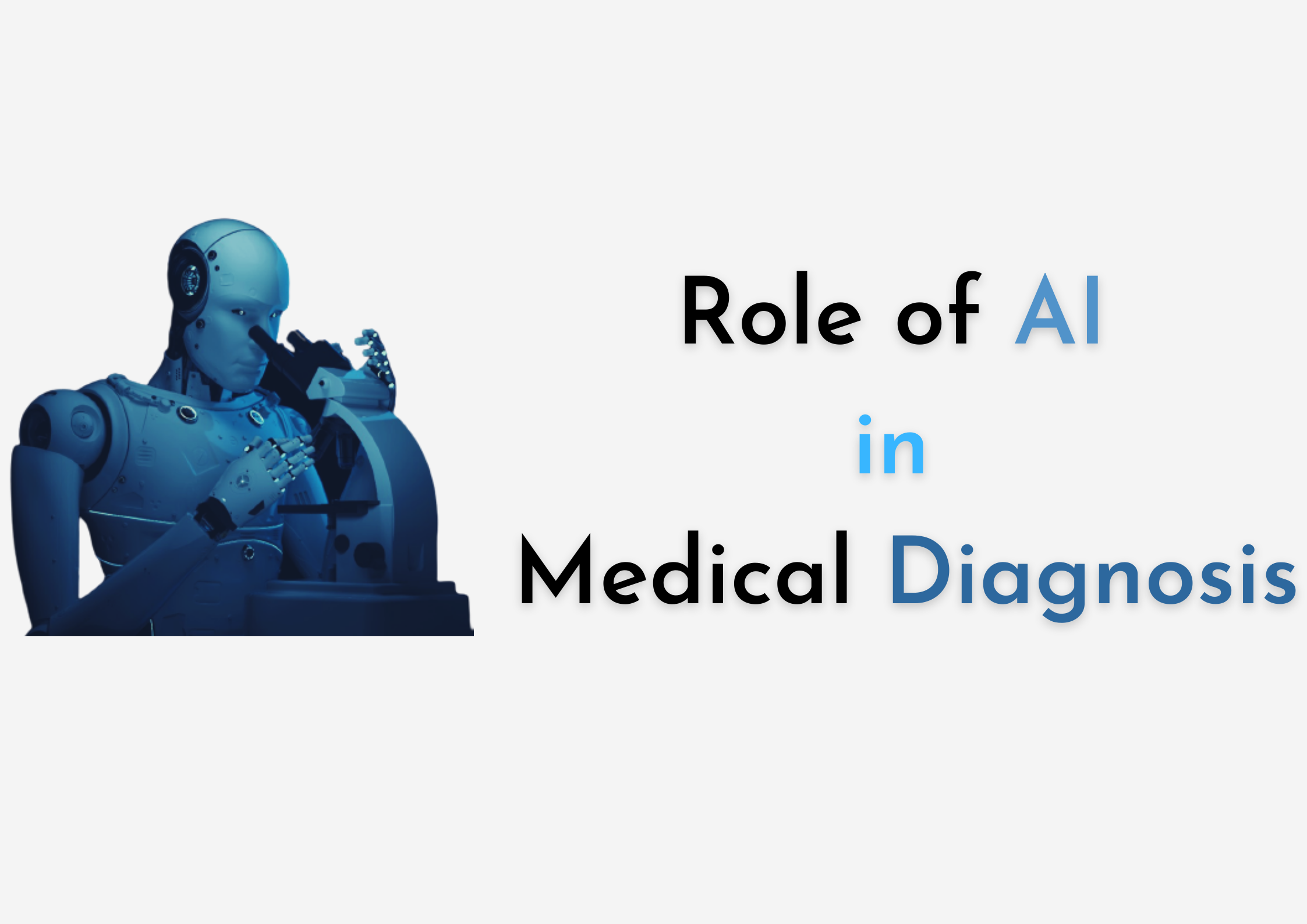
AI’s Evolving Role in Healthcare: From Disease Diagnosis to Personalized TreatmentAI’s Evolving Role in Healthcare: From Disease Diagnosis to Personalized Treatment Artificial Intelligence (AI) is transforming the healthcare landscape, automating complex tasks, enhancing diagnostic accuracy, and personalizing treatment plans for patients. Here’s a glimpse into its evolving role: Disease Diagnosis: * AI algorithms analyze vast databases of medical images and patient records, identifying patterns and anomalies that may be missed by human doctors. * Deep learning models can diagnose diseases with unprecedented accuracy, such as cancer, diabetes, and heart conditions. * These AI systems can also identify pre-symptomatic conditions, enabling early intervention and improved patient outcomes. Personalized Treatment Planning: * AI utilizes patient data to create individualized treatment plans tailored to their specific needs. * Algorithms predict the likely effectiveness of certain therapies based on a patient’s unique characteristics, such as genetic makeup, medical history, and lifestyle. * This precision medicine approach optimizes treatment efficacy and minimizes adverse effects. Drug Discovery and Development: * AI accelerates drug discovery by analyzing large volumes of molecular data to identify potential drug targets. * Machine learning algorithms simulate drug interactions and predict potential efficacy and toxicity. * This AI-powered approach reduces time and cost associated with drug development, potentially bringing new therapies to market faster. Surgery and Robotic Assistance: * AI-powered robotic arms assist surgeons with greater precision and accuracy during complex procedures. * Augmented reality glasses provide surgeons with real-time guidance and superimposed images to enhance visualization. * AI algorithms can analyze surgical videos to identify potential errors and improve surgical outcomes. Population Health Management: * AI monitors patient populations and identifies individuals at risk for certain diseases. * Predictive analytics anticipate health events and enable timely interventions. * This proactive approach improves population health outcomes and reduces healthcare costs. Challenges and Future Directions: While AI holds immense promise in healthcare, challenges remain, including data privacy, algorithm bias, and ethical considerations. Ongoing research and collaboration between AI experts, healthcare professionals, and policymakers are crucial to address these issues. As AI technology continues to advance, we can anticipate further advancements: * Integration of AI into wearable and implantable devices for continuous monitoring and personalized healthcare. * Development of AI-powered virtual assistants and chatbots to provide personalized health advice and support. * Use of AI in mental health, enabling early diagnosis, personalized therapy, and suicide prevention. Conclusion: AI is revolutionizing healthcare by enhancing disease diagnosis, personalizing treatment, accelerating drug discovery, and improving surgical outcomes. As the technology matures and challenges are addressed, AI’s role will continue to evolve, transforming the way we deliver and experience healthcare.
Posted inNews